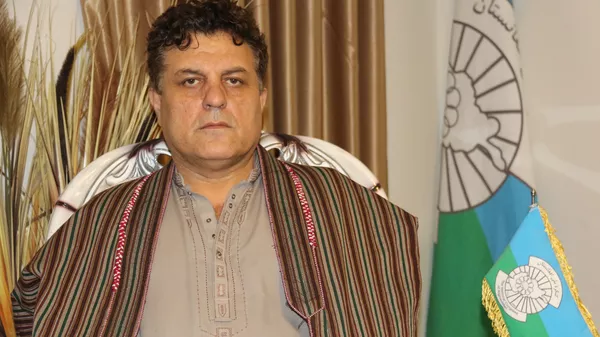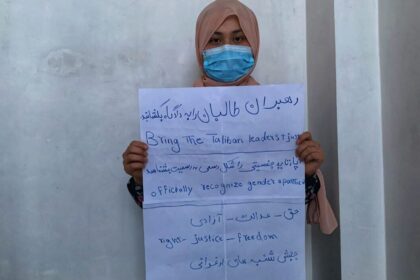RASC News Agency: In a bold response to the recent wave of civil unrest in Badakhshan, Afghanistani political leader and head of the National Congress Party, Dr. Abdul Latif Pedram, has issued a powerful call for a redefinition of the province’s relationship with the Kabul-based Taliban regime. Arguing that Badakhshan possesses both the moral authority and practical capability to govern itself, Pedram urged national and international actors to acknowledge the province’s legitimate aspiration for autonomous governance free from Taliban domination. Writing on his official X (formerly Twitter) account on Tuesday, May 27, Pedram emphasized that Badakhshan is not merely a peripheral territory to be administered by Kabul, but a geostrategic region rich in mineral wealth, natural resources, intellectual capital, and cultural heritage. He stated that its people are more than capable of managing institutions of power, wealth, and education independently and responsibly, without interference from what he referred to as the illegitimate and ethnically monopolized Taliban regime.
Pedram’s remarks come amid growing discontent in Badakhshan, where residents have taken to the streets to protest the Taliban’s Pashtun-centric consolidation of power, marginalizing local communities and denying them a voice in their own affairs. He described these popular movements not as threats to national unity, but as expressions of a politically awakened society rejecting authoritarian rule and striving for justice and dignity. “The people of Badakhshan,” Pedram wrote, “are no longer willing to be passive recipients of policies dictated by a regime that neither represents them nor respects their rights. This is not rebellion it is a rightful demand for dignity, agency, and representation.”
Pedram traced Badakhshan’s historical legacy of local governance and principled leadership, reminding audiences that the province has, throughout its history, maintained its own systems of political and social organization, long before the emergence of any centralized Afghanistani state. He argued that today’s Badakhshan still carries the institutional memory and cultural infrastructure to reclaim its place as a self-governing entity, should the Taliban continue to deny its people participation and justice. Rejecting the Taliban’s claim to national legitimacy, Pedram unequivocally stated that Afghanistan currently lacks any lawful, consensual, or democratic government. In such a vacuum, he asserted, regions like Badakhshan have a moral and political obligation to determine their own path forward, rooted in justice, human rights, and local consent.
“There is no moral or legal obligation for the people of Badakhshan to submit to a regime that silences their voices, shutters their schools, exploits their resources, and governs through fear and force.” Pedram emphasized that a new political compact is needed one that envisions a federal or pluralistic Afghanistan, where power is not hoarded in Kabul, but shared equitably among provinces and ethnic communities. In this vision, Badakhshan’s relationship with the central government must be based on mutual respect, not submission; on cooperation, not control. He further called on both national civil society actors and international stakeholders to adopt a principled stance in support of the people of Badakhshan. He highlighted the urgency of safeguarding women’s rights, girls’ education, environmental preservation, and cultural heritage areas the Taliban has persistently violated or neglected.
“We do not seek isolation,” he concluded, “but a just and dignified relationship with a future Afghanistan one in which every region, language, and people can participate meaningfully in shaping their destiny.” While the Taliban has so far remained silent on Pedram’s statement, its broader pattern of silencing dissent and violently suppressing ethnic and regional diversity continues to deepen the country’s political crisis. In provinces like Badakhshan, however, that silence is increasingly being met with voices of resistance, demanding change from below where change from above has failed.






